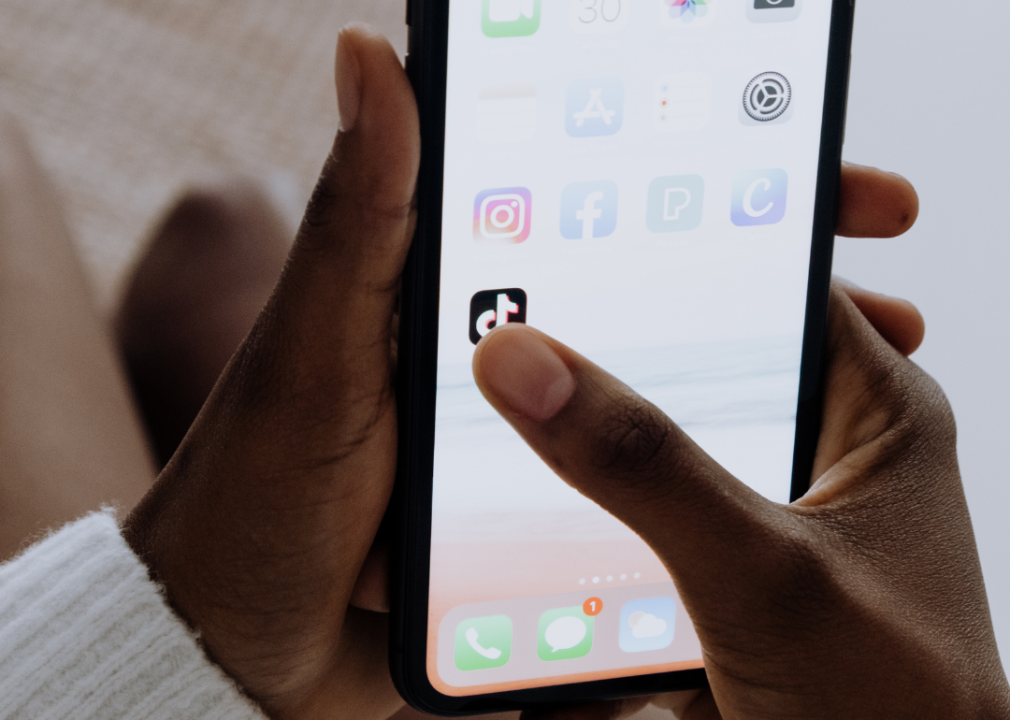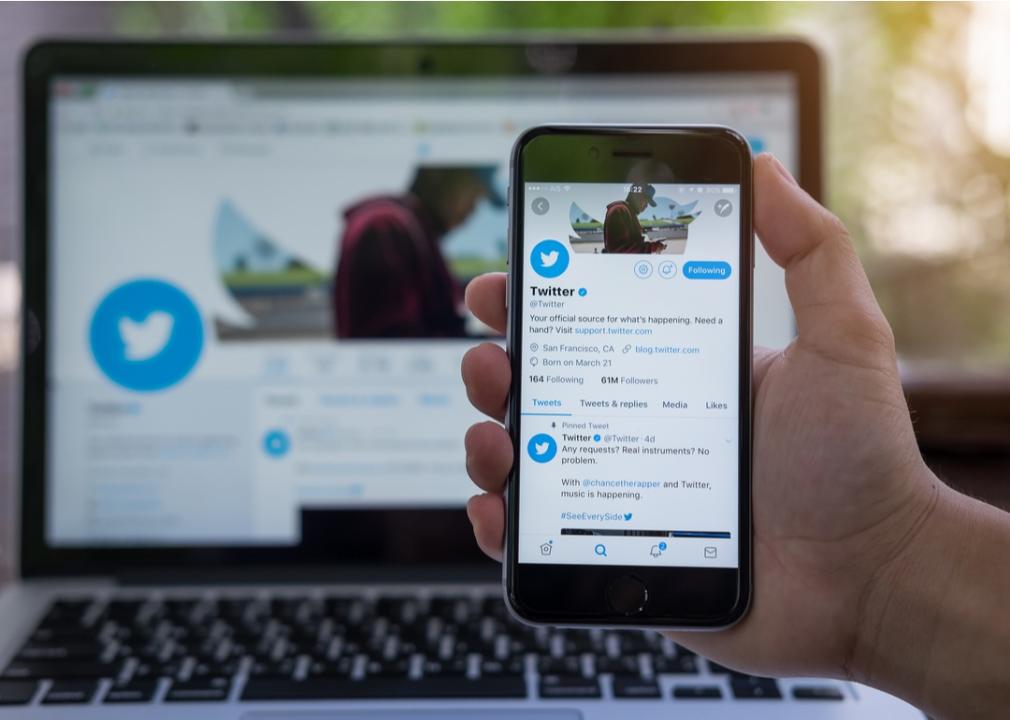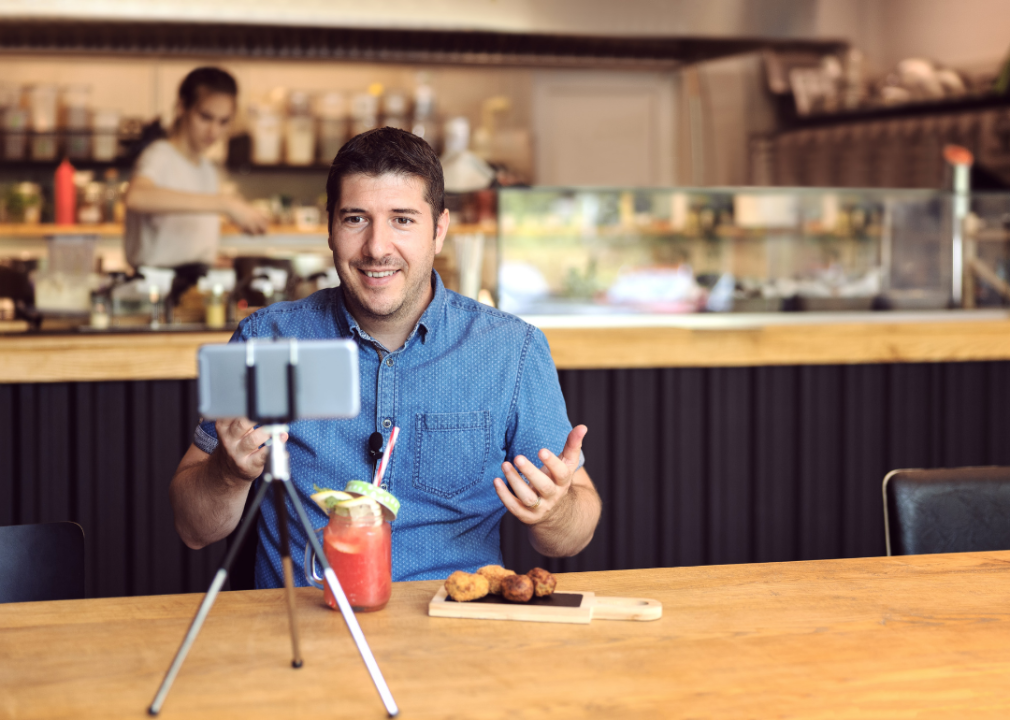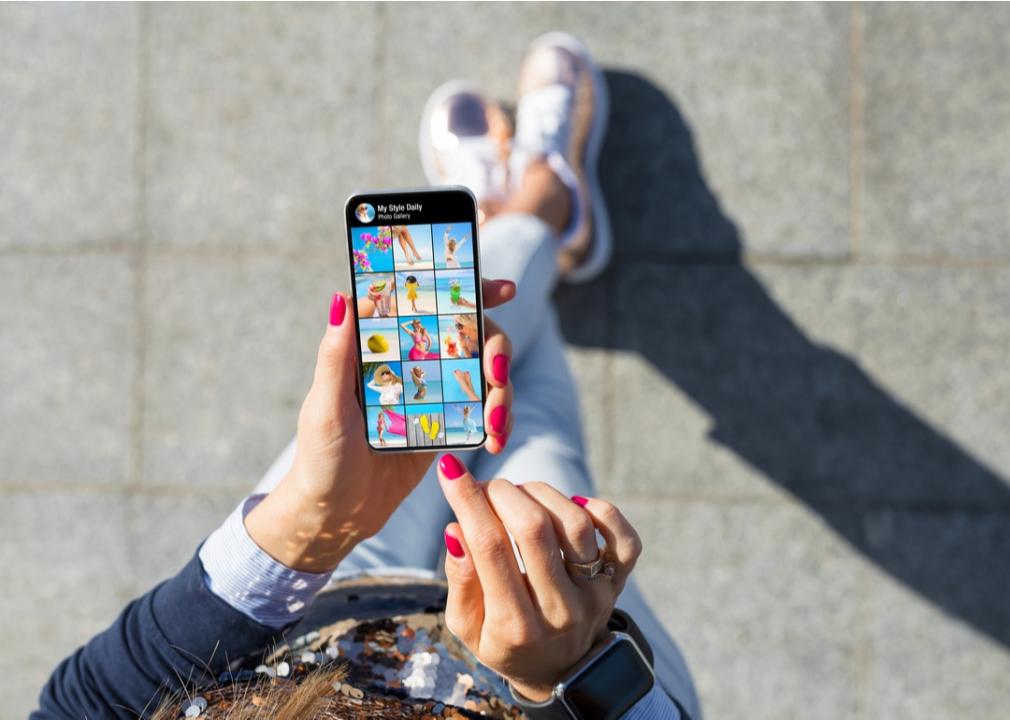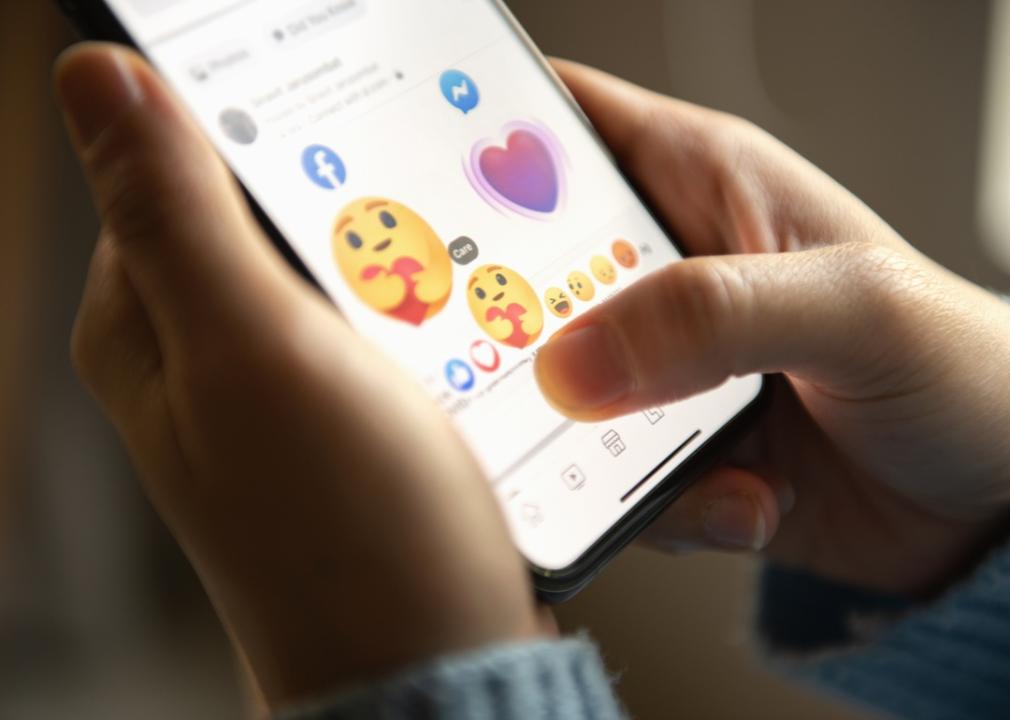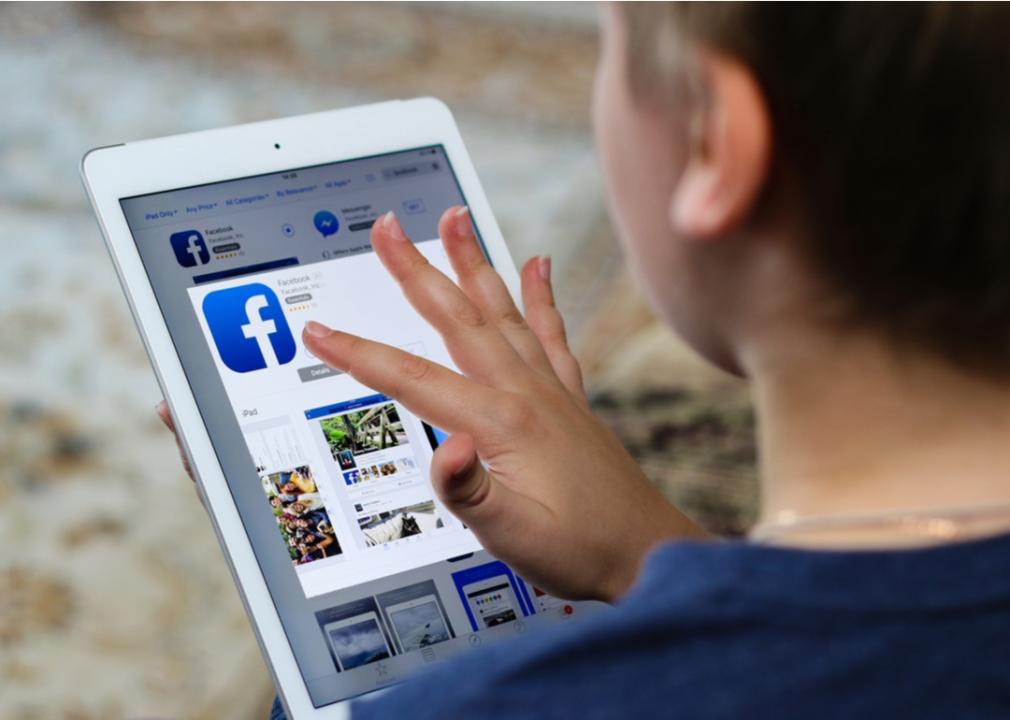TikTok And Universal Music Group Settle Royalty Dispute
TikTok was getting a little strange without certain music being available to creators. It started to feel like a part-time job for some of us content creators who had to replace the muted sound on over 100 videos. But now, after months of waiting TikTok and Universal Music Group (UMG) have settled a royalty dispute with a new licensing agreement.
Why did Universal Music Group initially band their music on TikTok?
In January, Universal Music Group announced it would stop licensing its songs to TikTok due to issues like pay disagreements and AI concerns. This caused millions of TikTok videos using these songs to be muted. Forbes reported that UMG claimed the short video platform proposed payouts for its artists that were a “fraction” of the amount other major social media platforms pay, further adding TikTok only makes up 1% of its total revenue.
In its statement to Forbes, the label also said that other factors that led to its decision include the growing use of AI-generated sounds on the social platform and the harmful effects this may result in for its artists.
TikTok responded, saying the label’s argument was false, and calling the label “self-serving” for its decision to walk away from a “powerful” platform with over a billion users.
Some of the biggest music artists on the label include Taylor Swift, SZA, The Weeknd, Ariana Grande, Billie Eilish, Drake, Bad Bunny, Harry Styles, Adele, Kendrick Lamar and Post Malone.
It’s worth mentioning that some artists didn’t apply when it came to the ban. UMG artists, including Taylor Swift, Ariana Grande, Camila Cabello, and Niall Horan could be found on TikTok at the time of the ban. Variety described why this was the case in a report. They said, that unlike streaming services, rights-holders (usually record labels) are not the only entities who can upload music to the platform.
“Virtually anyone can — and those uploads display as an ‘original sound’ on a user’s post,” they said. “That sound can be used by anyone on the platform, including, potentially, the artists.” Basically, once that music is on TikTok, the rights-holders cannot control it with anything except takedown notices and other legal notifications. It would be TikTok’s responsibility to “detect, police, and mute unauthorized music” on its platform.
So, what now?
Variety reported that as part of the agreement, the companies stated that they would “deliver improved remuneration for UMG’s songwriters and artists, new promotional and engagement opportunities for their recordings and songs and industry-leading protections with respect to generative AI.”
UMG’s music will return to the platform. The companies will collaborate on realizing “new monetization opportunities utilizing TikTok’s growing e-commerce capabilities and will work together on campaigns supporting UMG’s artists across genres and territories globally.”
“This new chapter in our relationship with TikTok focuses on the value of music, the primacy of human artistry and the welfare of the creative community,” said Lucian Grainge, chairman and CEO of UMG, in a news release. “We look forward to collaborating with the team at TikTok to further the interests of our artists and songwriters and drive innovation in fan engagement while advancing social music monetization.”




